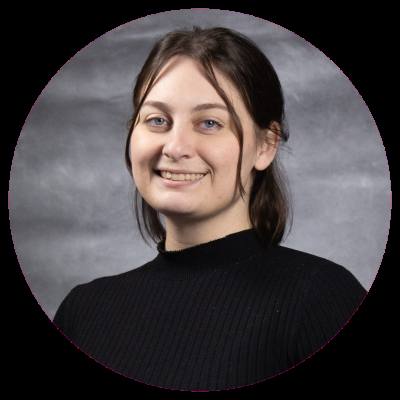Frisco City Council members chose to postpone voting on multiple amendments to a city ordinance governing cell tower requirements and development standards during a Nov. 19 meeting.
The 4-1 decision to table the vote came after two carrier representatives spoke during the public hearing portion of the item and asked city officials to spend more time with them to refine the policies before making changes. Council member Bill Woodard voted against the delay.
“This has been in the works for a year and a half,” Woodard said.
The amendments will now appear on Council’s Dec. 3 agenda, which will be posted here. The item’s public hearing was also tabled and will continue during the meeting.
The details
The proposed amendments would revise the standards for commercial antennas and commercial stealth antennas in the following ways:
- Requiring city approval for non-stealth commercial antennas
- Requiring city approval for monopoles
- Allowing commercial stealth antennas by-right as long as they meet conditional development standards, including being architecturally compatible in the area and having additional space between the tower and other structures
A breakdown of all the changes can be found in the meeting documents.
The city’s cell tower policy was first adopted in 2019. City staff first began meeting with major carriers and third-party groups to discuss infrastructure and coverage needs in summer 2023. That feedback was taken into account during policy drafts, according to meeting documents.
Members of Frisco’s Planning and Zoning Commission narrowly recommended the council approve the amendments with a 4-3 vote. The three dissenting members said they wanted more time to review the ordinance, according to meeting documents.
Some context
Cell phone coverage has been a longstanding issue for Frisco residents and businesses.
“Our cellular infrastructure is embarrassing throughout the city of Frisco,” council member Angelia Pelham said. “A city that is seeking to attract Fortune 50, Fortune 100 companies, and you have to drive to certain points in the city to even get real strong coverage ... it's incongruent with who we say we want to be as a city.”
There are multiple zones of poor cell phone coverage in the city, including the north Frisco area where multiple developments are breaking ground and around the Stonebriar Centre area, according to a map presented during a Nov. 21, 2023 council work session meeting.
The other side
Julie Smith, a government and community affairs executive with the cellular carrier Verizon Wireless, attended the Nov. 19 meeting and urged council members to not approve the amendments without further discussion.
“Said very plainly, the policies being considered will not enable us to deploy in Frisco to meet today's demand, not to mention the increased demand in the future,” Smith said.
Jeremy Crandall, an assistant vice president of state legislative affairs with CTIA, a trade association for the wireless communication industry, also spoke during the meeting. He said he was there on behalf of other major carriers and that the amendments would hurt cellular carriers’ ability to build the infrastructure needed in the city.
Both attendees asked council members to set up private meetings to continue discussing the changes.
“We've been working on this for 18 months,” Mayor Jeff Cheney said. “I haven't gotten anything from anybody.”
Zooming out
Jonathan Hubbard, assistant director of development services, said developers had similar reactions to the city’s open space ordinance requirements, which were updated in 2017 to require that at least 10% of the land in a development needs to be reserved for open space.
Cheney said when the open space requirement was first announced, developers told city officials it would mean building would stop in Frisco. Since then, incoming developments such as The Mix or Firefly Park have announced plans to exceed the 10% requirement.
“It's hard at first, but by golly, people figure it out, and we end up with a better community for it,” Woodard said.
What comes next?
Council members will consider the ordinance changes again Dec. 3. If necessary, the item could be tabled again to continue discussions in 2025.





